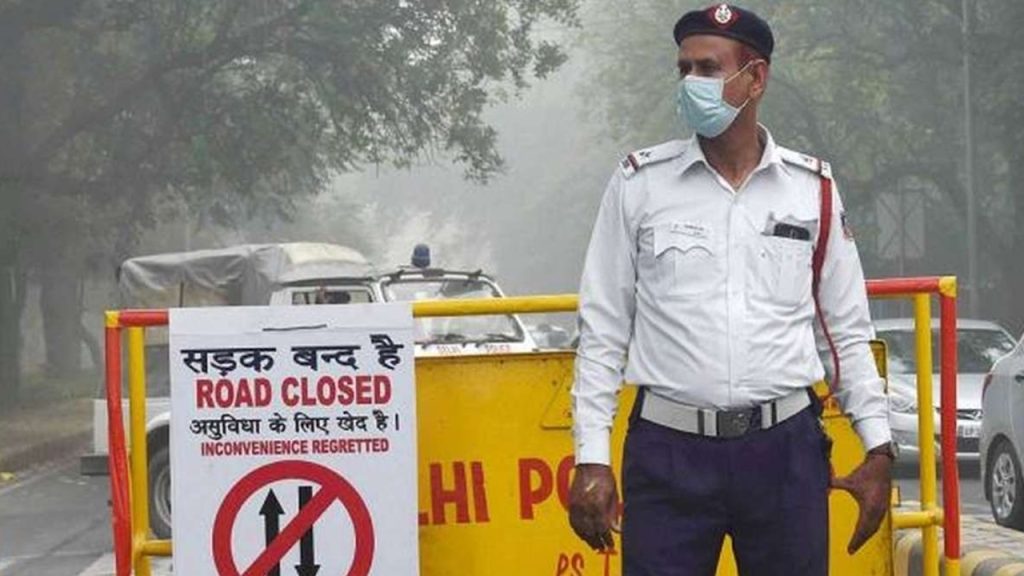Ensuring the safety and compliance of commercial vehicles is of utmost importance on India’s intricate road network. Roadside inspections are essential for preserving the integrity of transport laws and guaranteeing the safety of motorists and other users of the road. We examine the regulations and recommended procedures for roadside inspections of commercial cars in the Indian market in this article.
Also read: PM Modi Inaugurates Mumbai Trans Harbour Link Sea Bridge
Legal Framework for Roadside Inspections
India’s legal system requires strict guidelines to control the use of commercial vehicles on its highways. To guarantee adherence to vehicle standards, driver qualifications, and safety procedures, authorities like the Ministry of Road Transport and Highways (MoRTH) and state-level transport bureaus establish rules. A vital instrument for upholding these laws is the roadside inspection.
1. Documentation Compliance
Several vital paperwork, including as the vehicle’s registration certificate, fitness certificate, insurance documents, and permits, must be carried by commercial vehicles. Authorities carefully examine these documents during roadside checks to ensure compliance with legal standards.
2. Vehicle Fitness and Maintenance
For commercial vehicles, regular maintenance and adherence to vehicle fitness requirements are essential. Inspections frequently concentrate on the vehicle’s outside appearance, making sure it satisfies safety regulations, is equipped with the required safety gear, and is in good operating order.
3. Driver Qualifications
A crucial part of roadside checks is verifying that drivers have current licenses, follow driving hour laws, and observe rest and break requirements. Road safety and driver tiredness prevention are the goals of the authorities.
4. Load and Weight Compliance
Commercial truck overloading puts infrastructure and road safety at serious risk. Inspections make sure that vehicles are operating within legal bounds to avoid collisions and damage to the road by regularly verifying compliance with load and weight regulations.
Best Practices for Commercial Vehicles during Roadside Inspections
During roadside inspections, commercial vehicle operators should follow best practices to guarantee compliance and improve transportation operations efficiency.
1. Pre-Trip Inspections
A proactive way to find and fix such problems before you leave is to do comprehensive pre-trip inspections. This procedure reduces the possibility of issues during roadside inspections and improves vehicle safety.
2. Document Organization
It is important to ensure that all necessary papers are properly arranged and easily obtainable. A methodical document management system’s implementation expedites inspection times and shows a company’s dedication to regulatory compliance.
3. Regular Maintenance Schedule
Establishing a regular maintenance schedule for commercial vehicles improves overall operational efficiency while also guaranteeing compliance with fitness criteria. A more seamless inspection procedure is facilitated by prompt maintenance and repairs.
4. Driver Training and Awareness
Ongoing education about safety procedures, best practices, and regulatory changes for drivers promotes an awareness-based culture. Drivers with more knowledge are better able to handle roadside checks with ease.
5. Open Communication with Authorities
Keeping lines of communication open with the authorities handling inspections might help make things go more smoothly. A healthy working relationship between commercial operators and regulatory agencies is facilitated by cooperating with inspectors, giving essential information, and swiftly resolving problems.
To guarantee traffic safety, legal compliance, and the efficient exchange of products and services, roadside inspections are essential for commercial vehicles operating in India. By following the law, putting best practices into effect, and promoting a culture of safety and openness, commercial vehicle operators play an essential part in this process.
A strong and compliant commercial vehicle sector is dependent on the efficient execution of roadside inspections, even as India’s transportation scene changes.
* Note: This article is authored by Himanshu Gupta, CEO and Founder of Lawyered. All views are personal.

